The COVID-19 pandemic has forever altered the world in ways that were once unimaginable. While much attention has been paid to the physical health repercussions and the socio-economic ramifications of the virus, it is crucial to recognize the profound impact of Covid-19 on mental health. The prolonged periods of isolation, uncertainty, and change have taken a toll on individuals worldwide, escalating psychological distress and bringing mental health resources to the forefront of public discourse.
The Scope of the Problem Following Covid-19
Increased Anxiety and Depression
The coronavirus pandemic created an environment ripe for anxiety and depression. The virus’s rapid spread, unpredictable nature, and the frightening mortality rates have led to increased levels of fear and anxiety. For many, this has exacerbated pre-existing mental health conditions or triggered new ones. According to a survey conducted by the Centers for Disease Control and Prevention (CDC) in June 2020, 31% of respondents reported experiencing symptoms of anxiety or depression, a significant increase compared to prior years.
Social Isolation and Loneliness
Lockdowns, social distancing measures, and quarantine periods, although necessary to curb the spread of the virus, have resulted in widespread social isolation. Humans are inherently social creatures, and the sudden severance from social interaction has had devastating mental health consequences. Loneliness has been linked to higher rates of depression, anxiety, and even cognitive decline. Young adults and the elderly have been particularly vulnerable, with many struggling to cope with the absence of physical social networks.
Economic Stress
The economic fallout from COVID-19 has been staggering. Millions of jobs have been lost globally, and financial instability has become a new norm for many families. The stress associated with job loss or decreased income can manifest as severe anxiety, depression, and other mental health disorders. Economic stress often leads to strained relationships, increased substance abuse, and in extreme cases, suicidal tendencies. The uncertainty about the future continues to fuel these mental health issues, making economic recovery a critical area of focus for improving mental health outcomes.
Vulnerable Populations Affected From The Pandemic
Frontline Workers
Healthcare providers and essential workers have faced unprecedented levels of stress during the pandemic. These individuals are at a higher risk of burnout, PTSD, and other stress-related conditions due to the intense workload, fear of infection, and emotional toll of treating COVID-19 patients. A study published in the Journal of American Medical Association (JAMA) highlighted that up to 50% of healthcare workers reported significant symptoms of stress, anxiety, and insomnia.
Children and Adolescents
The pandemic has disrupted the lives of children and adolescents in significant ways. The closure of schools and the shift to virtual learning have led to academic and social challenges. Lack of in-person interaction with peers, reduced physical activities, and uncertainty about the future have contributed to heightened levels of anxiety and depressive symptoms among youth. Moreover, children who were already vulnerable due to socio-economic factors have experienced an exacerbation of mental health issues during the pandemic.
Persons with Pre-existing Mental Health Conditions
Individuals with pre-existing mental health conditions have faced additional challenges during the pandemic. The disruption of routine mental health services and the added layer of stress have made it difficult for them to manage their conditions. Social isolation and reduced access to support systems have further worsened their mental health, necessitating increased intervention and support.
Coping Mechanisms and Strategies To Deal With The After Effects Of Covid-19 on Mental Health Struggles
Telehealth and Virtual Support
One positive outcome of the pandemic has been the surge in telehealth services. Mental health professionals have adapted to offer virtual therapy sessions, providing access to care for individuals who might not have been able to receive it otherwise. Telehealth has proven to be an effective tool in mitigating the mental health impact of COVID-19, offering both flexibility and convenience.
Community Support and Outreach
Community-based initiatives have stepped up to address food insecurity, provide financial assistance, and offer social support. Local governments and non-profits have launched helplines, online support groups, and community outreach programs to ensure that individuals have access to the resources they need. These initiatives are vital in building resilience and promoting mental well-being.
Focus on Self-Care and Mindfulness
The pandemic has emphasized the importance of self-care and mindfulness practices. Individuals are encouraged to engage in activities that promote mental well-being, such as exercise, healthy eating, adequate sleep, and meditation. Self-care routines can help mitigate stress and anxiety, providing a sense of normalcy and control in an uncertain world.
Looking Forward
As we navigate the long-term consequences of COVID-19, it is essential to continue prioritizing mental health. Governments and organizations should invest in robust mental health support systems, ensuring that they are accessible and inclusive. Public awareness campaigns can help reduce the stigma associated with seeking help, and community support must be strengthened to promote collective resilience.
The pandemic has provided an opportunity to re-evaluate and improve our approach to mental health. In recognizing the critical importance of mental well-being, we can work towards a future that not only addresses the physical impact of the virus but also fosters a healthier, more resilient society.
Find Quality Mental Healthcare Following The Covid-19 Pandemic Through Resilience Behavioral Health
If you or a loved one is struggling with mental health issues following the COVID-19 pandemic, know that you are not alone. At Resilience Behavioral Health, we are here to provide the compassionate, expert care you need to move forward. Our comprehensive treatment programs are designed to help you heal, grow, and thrive in this post-pandemic world. Reach out to us today to begin your journey toward recovery and well-being.



